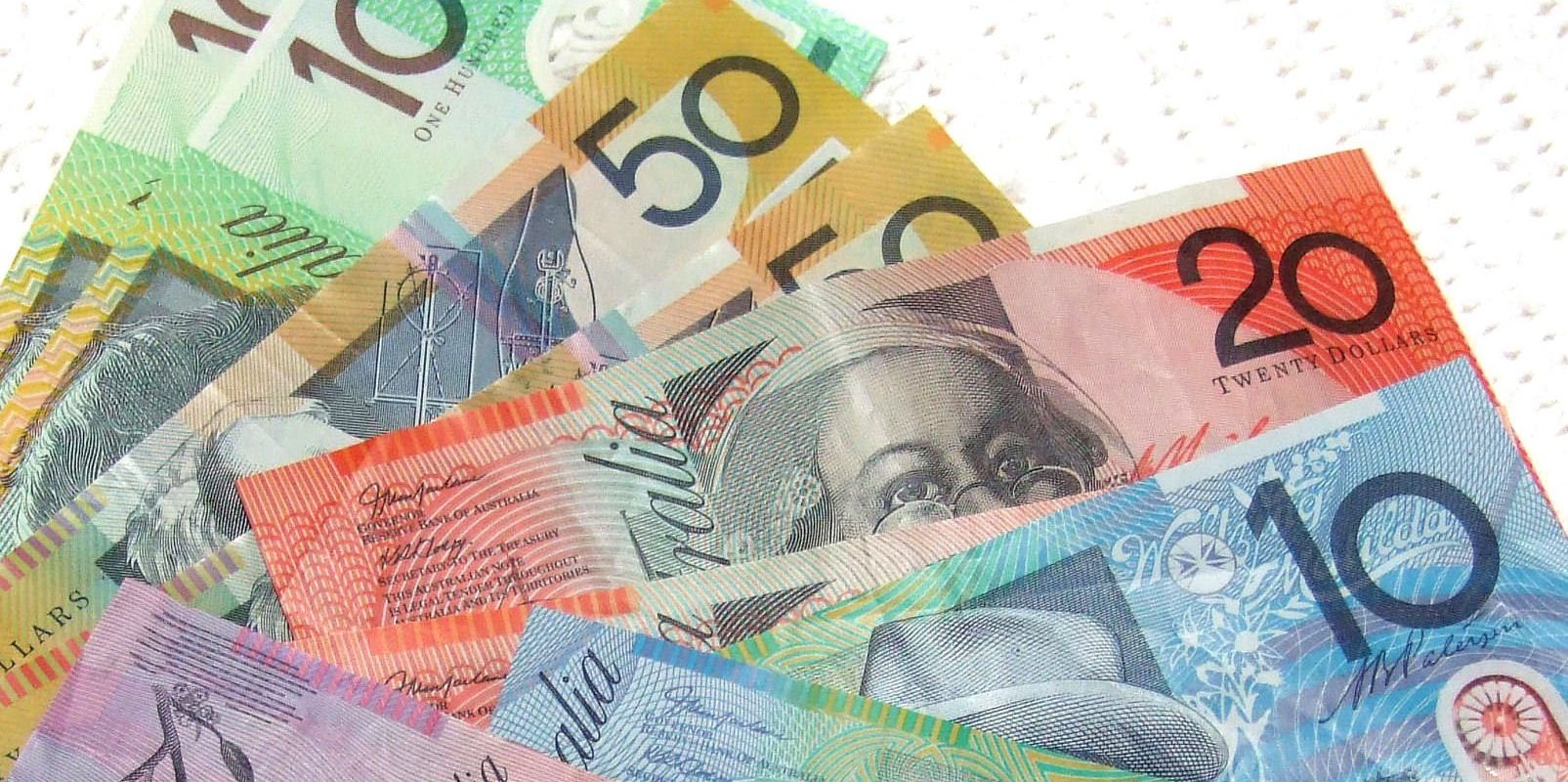Which is best?
Each day we read of special interest groups demanding government policies that will deliver either a ‘strong’ or ‘weak’ dollar. They each present their case with sincerity and conviction but which policy is best for us, in the longer term?
Why does this debate continue with no resolution?
It is not a new argument, as it was first raised over 700 years ago by the 13th century Treasurer of the Kingdom of Navarre, located in what is now Spain. He said, over seven hundred years ago:
“Everywhere there are three sorts of men and four sorts of coinage (monetary policy)…the first sort of men are those who have rents (financial interests)…this sort of men…clearly wish money of a strong alloy (a strong currency, low inflation)…the second sort of men are those who engage in commerce…who wish for a middle sort of money…Trade is always poor except when money is a middle state…the third sort of men are those who live from the work of their bodies (farmers, miners, drillers et al.)…These would wish to have weak money. The fourth sort of money is desired by lords when they are at war and he (sic) can thus strike coin as feeble as he likes to have the means to pay his troops.”
Note: Barry B Bannister of Legg Mason provided this quote from ‘A Free Nation Deep in Debt – the Financial Roots of Democracy’ by James MacDonald. Barry Bannister suggests that MacDonald’s main point is that citizen creditors often provide the deep well of financing to pay for wars via the ability of democracies to raise more capital than that which is available to generally repressive despots.
So you see, basic monetary policy demands have not changed much over the past 700 years. ‘Weak’ money is supportive of miners, farmers and those producing raw materials. Adversely affected are imports (thus the general community) and Australian international travelers.
In the long term, however, if our Australian primary industries can become truly competitive they will not need or clamour for the ‘discount’ of a ‘weak’ dollar and this will avoid the risk of the damaging inflation that usually follows.
Australia has attempted to ‘inflate its way out of its problems’ before, so, we should remember these destabilizing outcomes.
